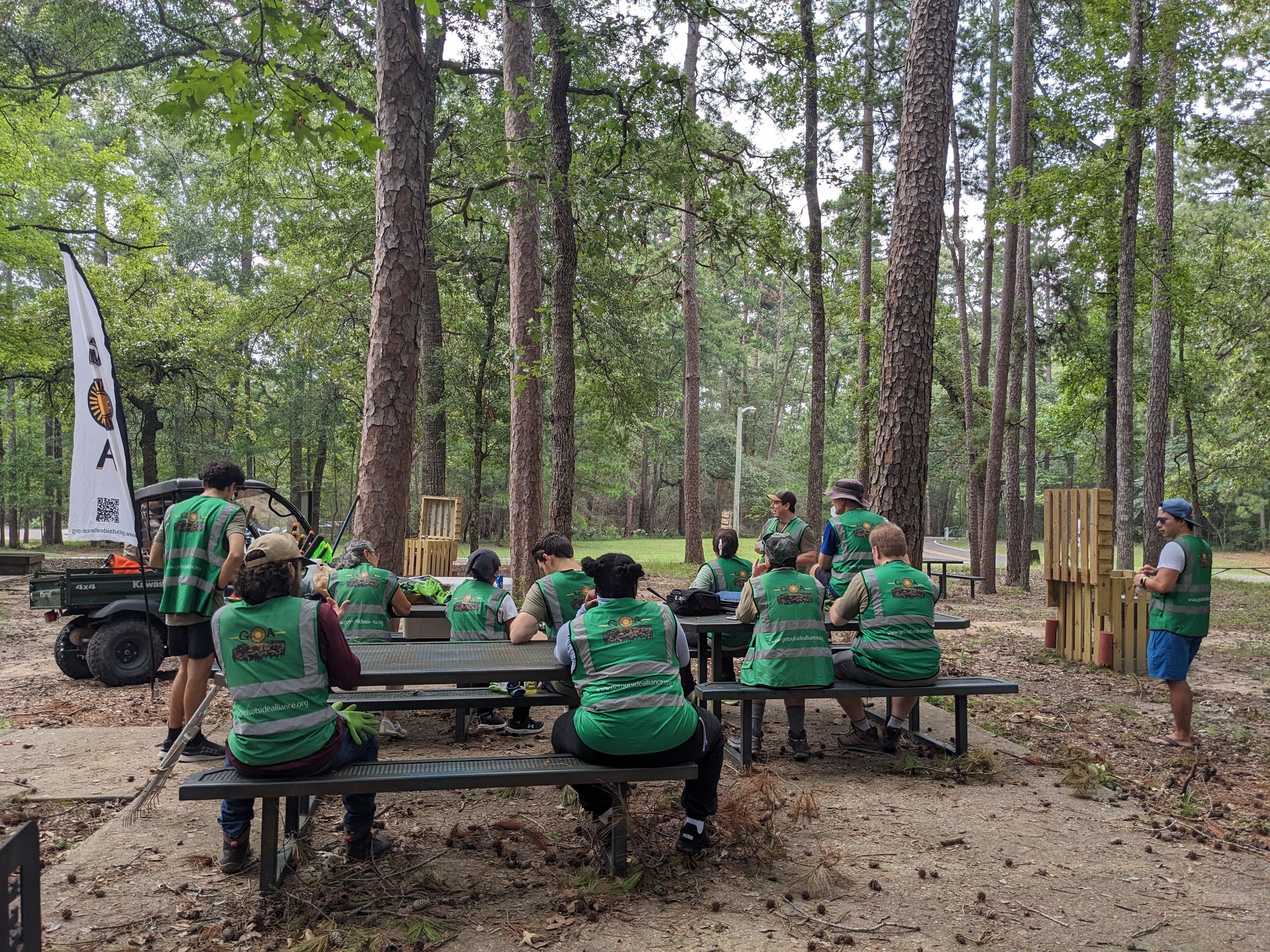
The Role of Texas State Parks in Health, Education, and Conservation
Texas State Parks offer more than just beautiful landscapes—they provide essential benefits to public health, outdoor education, and the conservation of our state’s natural resources.
From promoting physical activity and mental well-being to fostering environmental stewardship, these parks play a crucial role in shaping healthier, more engaged communities.
Healthier Communities Through Nature
State parks offer a safe and accessible space for outdoor recreation, promoting physical activity and mental health.
Studies have shown that spending time in nature reduces stress, improves mood, and encourages physical fitness.
Parks provide an opportunity for families and individuals to stay active, whether through hiking, biking, or simply enjoying nature.
By maintaining and improving these spaces, we help support public health and well-being across the state.
Outdoor Learning and Environmental Education
Conservation is at the heart of Texas State Parks' mission. By preserving habitats and protecting wildlife, state parks play a key role in maintaining the ecological health of our state.
Our work, in collaboration with the parks, ensures that these natural spaces are protected for future generations to enjoy.
Through habitat restoration, native species planting, and trail maintenance, we contribute to the long-term sustainability of Texas' natural resources.
Protecting Our Natural Resources
Texas State Parks serve as living classrooms, providing hands-on learning experiences for visitors of all ages.
Through guided tours, interpretive programs, and educational partnerships with local schools, parks teach visitors about conservation, wildlife, and the importance of preserving natural ecosystems.
Rangers play a pivotal role in these educational efforts, helping foster a sense of stewardship and responsibility for the environment.